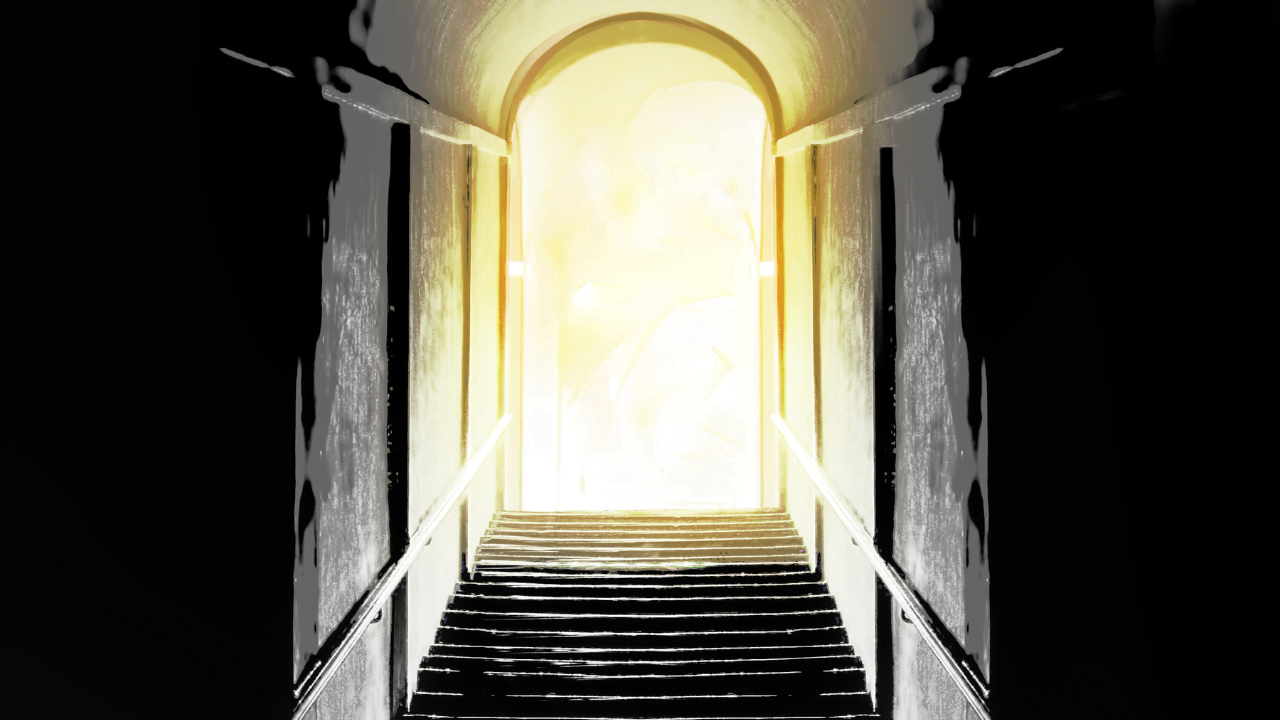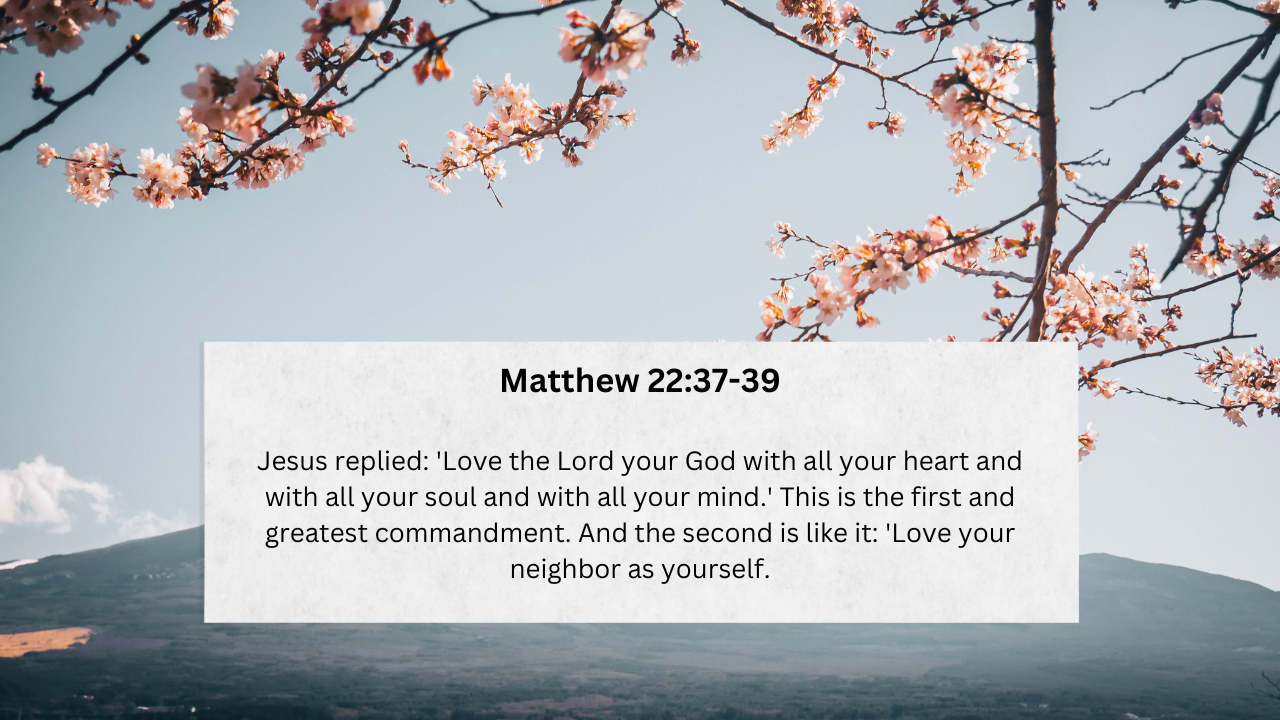No products in the cart.
What Is The Christian View On The Afterlife?
This post contains affiliate links.
Regarding the afterlife, Christians believe in the continuation of life based on biblical teachings. In Christianity, death is not seen as the end but rather as a transition to something eternal. Every individual will face a “Day of Judgement” where they will be held accountable for their thoughts, words, and actions.
Christians believe in meeting God after death and are confident that this encounter will be a positive experience due to their existing relationship with Him through Jesus Christ. Heaven is a place of endless love and perfect peace without death, mourning, crying, or pain.
While there may be different interpretations within the Christian church, the belief in heaven is widespread among Christians, reflecting their faith in an afterlife filled with joy and harmony.
Key Takeaways:
- Christians believe in the continuation of life after death based on biblical teachings.
- They view death as a transition rather than the end.
- Every individual will face a “Day of Judgement” where they will be held accountable.
- Heaven is described as a place of endless love and perfect peace.
- The belief in heaven is widespread among Christians.
The Belief in Heaven and Hell
A large majority of U.S. adults, including Christians, hold a strong belief in heaven as an integral part of their understanding of the afterlife. However, the belief in hell is not as widespread, with varying degrees of acceptance among different Christian subgroups.
Among all Christian subgroups, the belief in heaven is commonly shared, although there may be minor differences in interpretations among Protestants and Catholics. It is worth noting that belief in heaven is less common among religiously unaffiliated individuals, who may have different perspectives on the afterlife.
On the other hand, the belief in hell is more prevalent among Protestants, particularly those in the evangelical and historically Black traditions. Mainline Protestants and Catholics tend to have a slightly lower belief in hell, while some may hold different views or interpretations.
It is essential to acknowledge that individuals’ understanding of heaven and hell may vary when discussing beliefs in the afterlife. Some respondents who believe in an afterlife described their idea of the afterlife as a continued existence in an alternate dimension or a cyclical existence.
Perspectives on Life After Death
The Christian belief in the afterlife encompasses a range of perspectives regarding personal continuance after death. Early Christians anticipated the imminent return of Christ, envisioning their direct entrance into the kingdom of God without experiencing physical death. In contrast to the concept of the soul’s immortality, Christianity emphasizes the idea of eternal life, which is intricately connected to the expectation of resurrection.
Within Christianity, diverse views exist on the soul’s fate between death and resurrection. Some contemplate the possibility of individual judgment, where each person will be held accountable for their actions on earth. Others consider the soul’s sleep, suggesting a period of rest or inactivity before eventual resurrection.
The Roman Catholic Church introduced the concept of purgatory, seen as an opportunity for repentance and spiritual refinement after death. This state allows individuals to address unfinished business or cleanse themselves of lingering sins before entering eternal life. Additionally, specific Christian theosophical ideas propose further developing the human personality in celestial bodies or higher planes of existence following death.
While the modern emphasis on the Last Judgment may have diminished, the underlying notion of judgment – guilt and innocence – remains significant in the Christian view of the afterlife. This theological concept underscores the belief that every individual will ultimately face divine judgment, leading to either reward or punishment based on their response to God’s grace and teachings during their earthly life.
This post contains affiliate links.













